5 signs you're sleeping on a bad mattress − how to spot the red flags
I asked medical professionals and sleep scientists how to spot the signs you're sleeping on a bad mattress and when it's time to upgrade

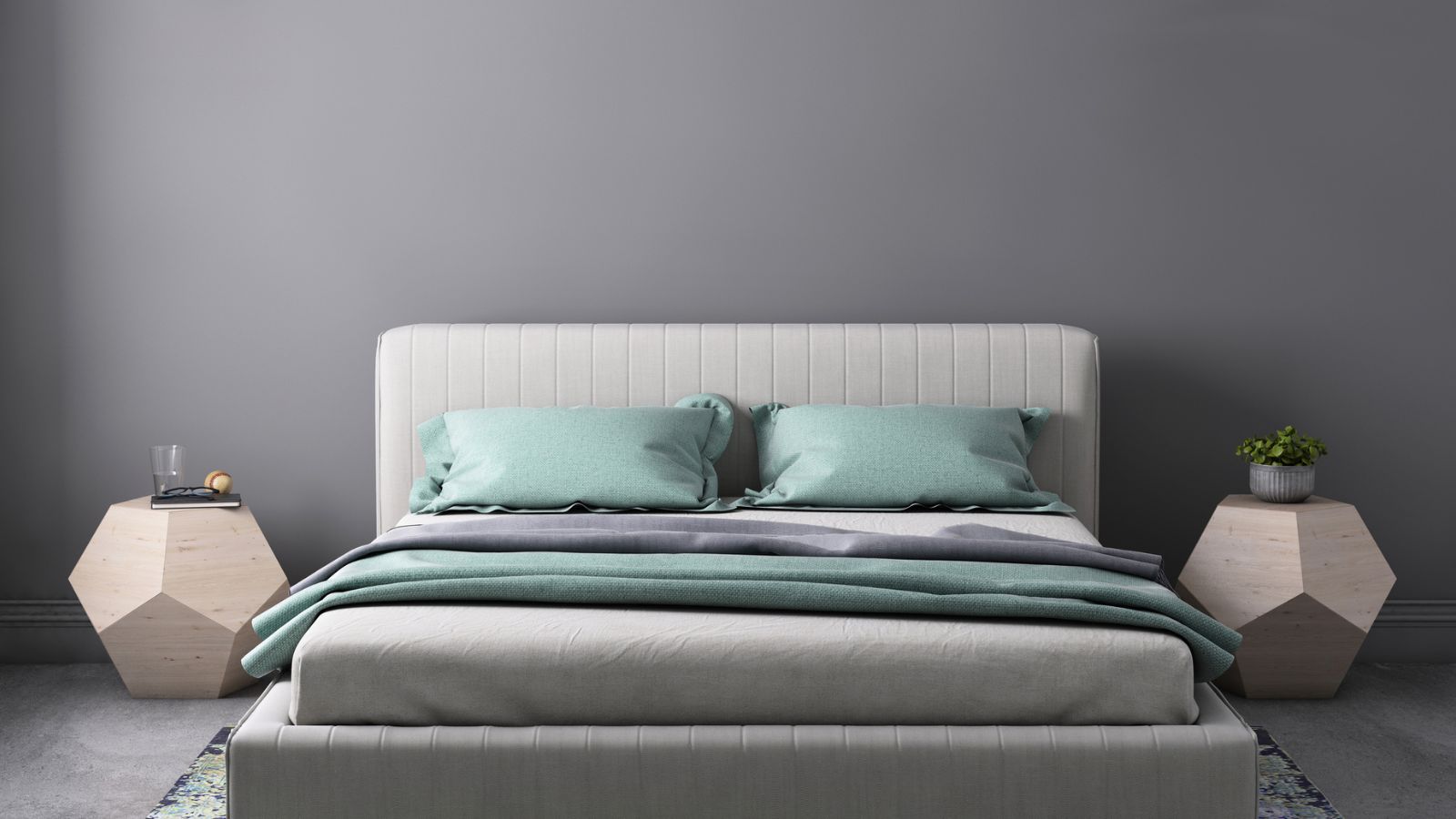
Design expertise in your inbox – from inspiring decorating ideas and beautiful celebrity homes to practical gardening advice and shopping round-ups.
You are now subscribed
Your newsletter sign-up was successful
Want to add more newsletters?

Twice a week
Homes&Gardens
The ultimate interior design resource from the world's leading experts - discover inspiring decorating ideas, color scheming know-how, garden inspiration and shopping expertise.

Once a week
In The Loop from Next In Design
Members of the Next in Design Circle will receive In the Loop, our weekly email filled with trade news, names to know and spotlight moments. Together we’re building a brighter design future.

Twice a week
Cucina
Whether you’re passionate about hosting exquisite dinners, experimenting with culinary trends, or perfecting your kitchen's design with timeless elegance and innovative functionality, this newsletter is here to inspire
If you're struggling through sleepless nights and waking up with aches and pains, then you might be sleeping on a bad mattress. It might be time to make a change to get a better balance of comfort and support so that you can wake up well.
As H&G's specialist sleep writer, I lead a team of expert testers to find the world's best mattress. For the sake of a fair fight, we assess each mattress against the same criteria: comfort; support; breathability; and motion isolation, as well as all the practical points, from the extent of the mattress warranty to the details of delivery. In our time, we've slept on some great beds, as well as some real duds. I've combed through our back catalog of reviews to find the warning signs that you're sleeping on a bad mattress.
I opened up the conversation to my expert panel of medical professionals and sleep scientists to hear more about their red flags in a mattress. From sagging and loss of support to squeaks and creaks in the coils, you'll learn how to listen out for the warning signs that your mattress is getting past its prime.
5 signs you're sleeping on a bad mattress
If you recognize some of these red flags in your own mattress, then it might be time for an upgrade. To save you the trouble of scrolling, I've picked out a few of my favorite mattresses to solve common sleep problems.
1. You wake up feeling sore and stiff
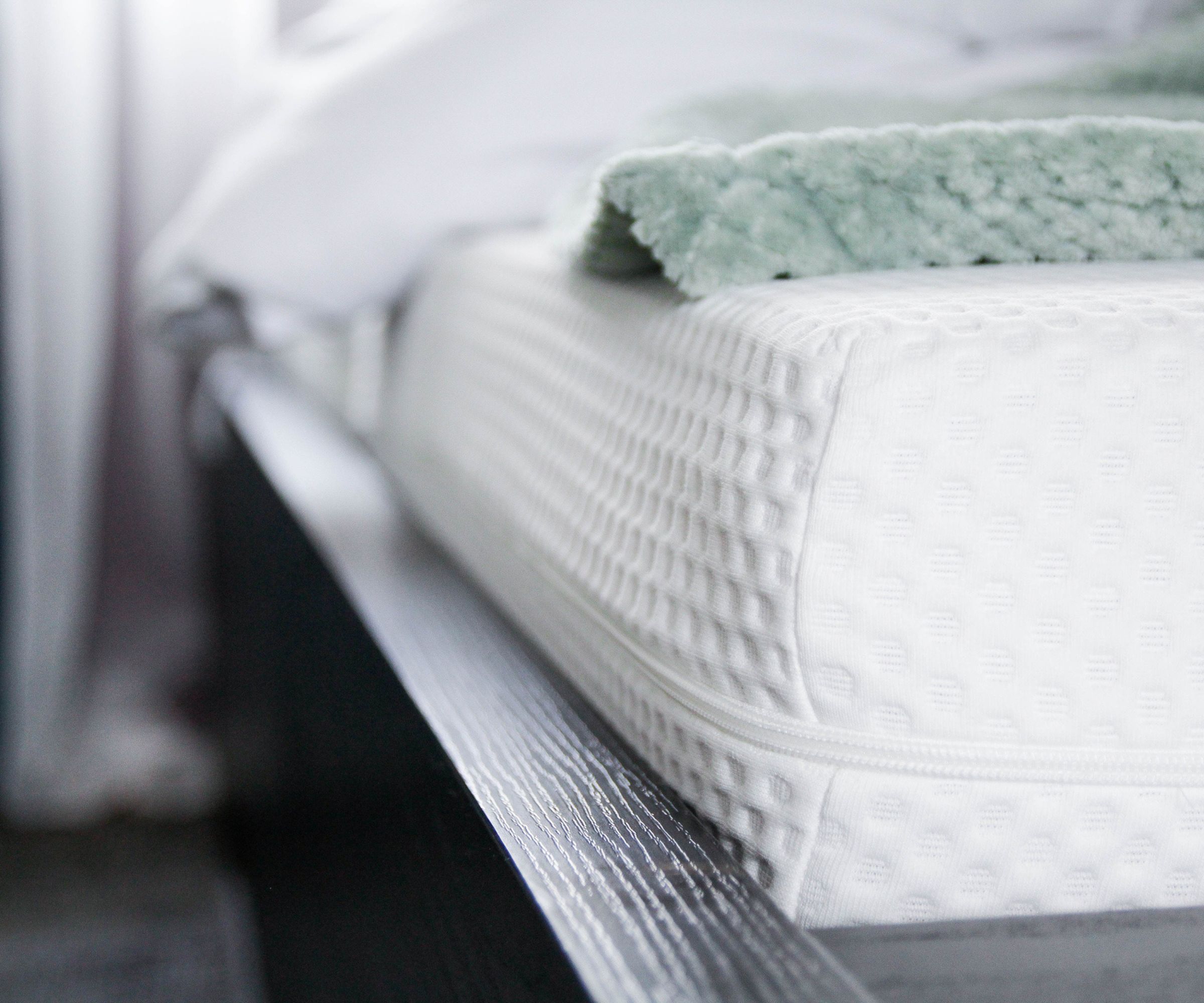
Say you've slept comfortably on the same mattress for a good few years, but you're starting to wake up with aches and pains – that's a sign that your mattress isn't supporting your body like it used to.
Of course, no mattress can cure pain. That's the sort of thing you should take up with a medical professional, rather than a mattress manufacturer. Still, an ageing, sagging mattress is much less likely to relieve some pressure from your joints while maintaining the natural alignment of your spine.
Muscle stiffness, soreness, or aches in the morning could be signs of insufficient support − then again, they could just be signs of age and ill health. Clinician and physical therapist Dr. Elizabeth Stroot suggests conducting a bed swap to work out where your pain is coming from. 'Spend a night or two in a guest room, or even switch which side of the bed you sleep on,' she advises. If your aches and pains suddenly alleviate, then your mattress is probably the problem.
Design expertise in your inbox – from inspiring decorating ideas and beautiful celebrity homes to practical gardening advice and shopping round-ups.
2. You can't get comfortable
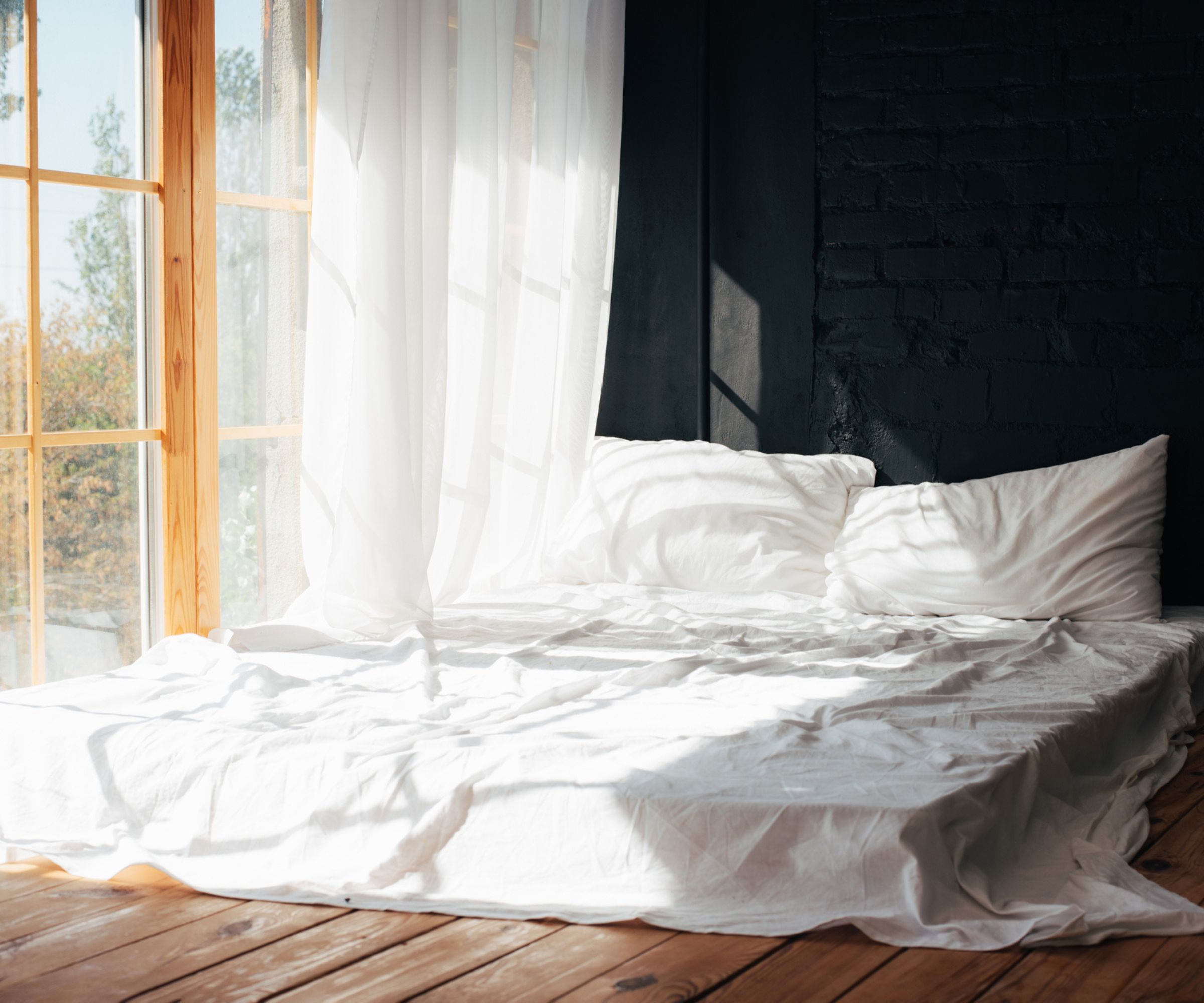
Comfort is such a subjective thing – one person's dream bed is another person's nightmare. Take the Leesa Original Mattress − one of our expert testers, Alex, hated the sinking feeling of the memory foam, while another tester, Lucy, raves about its contouring comfort.
When I visited the 3Z mattress factory, I decided to settle the score and try the Leesa Original Mattress for myself. I'm with Alex – as a stomach sleeper, I need more solid support than their memory foam could offer. That's not to say that the Leesa Original Mattress is a bad mattress − it just isn't the right mattress for me.
Failing to do your research is one of the biggest mattress buying mistakes you can make. If you sleep on a mattress for a few months, and you still can't get comfortable, then you should consider returning it at the end of your mattress sleep trial – just double-check the terms and conditions of your mattress warranty before you do.
3. Your mattress looks worn

Peel off your fitted sheet and take a good look at your mattress. Note any unsightly yellow stains or any rips and tears in the fabric. Lie down on the mattress and roll from one side to the other. Pay attention to how your body moves across the mattress − whether there are any lumps, bumps, and sagging areas with lost support.
According to orthopedic spine surgeon Dr. Hooman Melamed, 'A mattress that is uncomfortable and provides inadequate support might lead to restless sleep, persistent tossing and turning, or frequent awakenings.'
'Visible signs of wear and tear, such as frayed edges or bumps, indicate an aging mattress and could negatively impact your sleep quality and spinal health,' warns Dr. Hooman. That's not to say that you should throw out your mattress as a consequence of ordinary wear and tear – just make sure to listen to your body.
4. You can hear and feel every movement
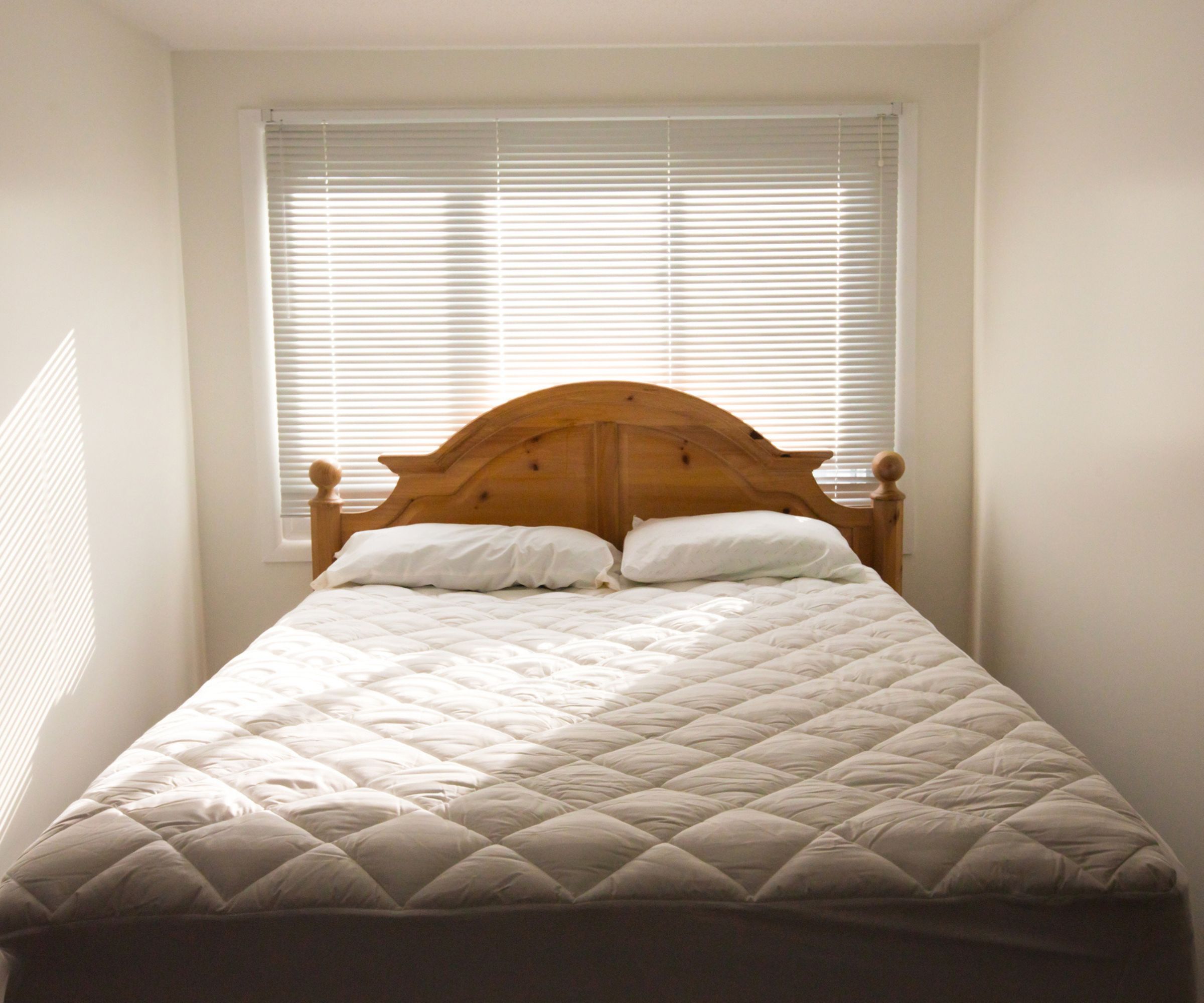
Clinical sleep educator Lauri Leadley says that a good mattress is a silent mattress. If your sleep is disturbed by squeaking springs and creaking coils, then it's a sure sign that your mattress is past its prime.
Lauri acknowledges that 'squeaking sometimes comes from the bed frame,' but reiterates that, 'if the interior of your mattress is beginning to break down, and you're experiencing squeaking, sagging, and loss of support,' then it's time to buy a new mattress.
When you're sleeping on a sprung mattress, you're bound to get a little bit of bounce. Still, as innersprings age, the coils start to slip out of their pockets, leading to excessive motion transfer. If you share a bed with a pet or partner, and you can feel their every movement in the night, then that's a sign that you're sleeping on a bad mattress.
5. You've had your mattress for over 10 years
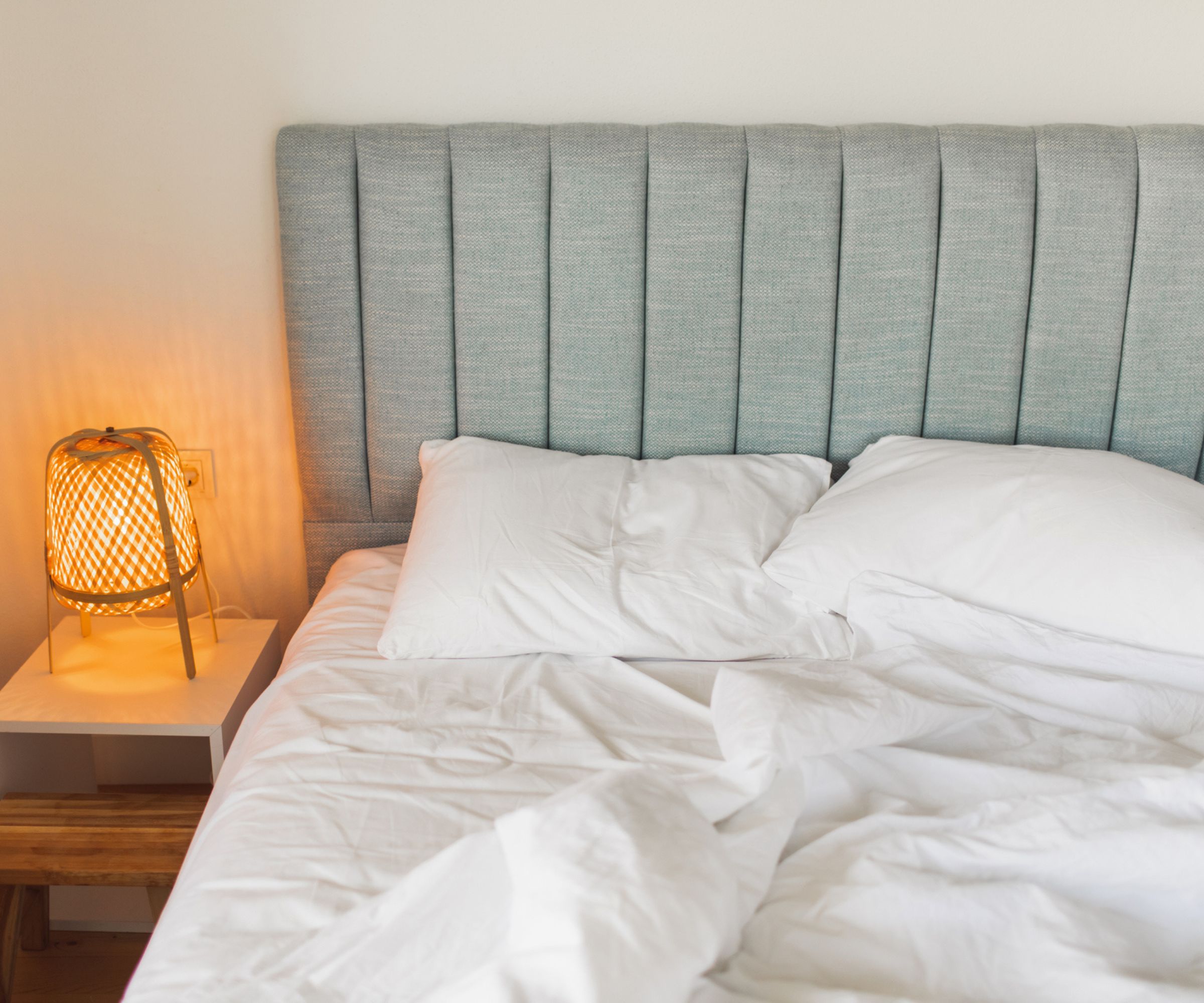
As H&G's resident sleep writer, I'm often asked: 'how long should a mattress last?' Although my exact answer will depend on your mattress type, most mattresses are past their prime after 10 years of use.
To extend the life of your mattress, I suggest you flip or rotate it once or twice a year. That way, you aren't always applying pressure to the same parts of the mattress, and you won't see such noticeable sagging.
Once your mattress reaches the end of its life, it's time to buy a new one. These are a few of my favorites, tried and tested by our sleep experts to solve common sleep problems. Any one of these beds would make a serious upgrade to your old mattress.
H&G's best mattress picks

If you're struggling to sleep on a firm, inflexible mattress, then you'll appreciate the pressure-relieving properties of memory foam. Our expert tester, Casey, suffers from a chronic pain condition, and she got her best-ever sleep on the Nectar Memory Foam Mattress.
You can find more detail in our Nectar Memory Foam Mattress review.
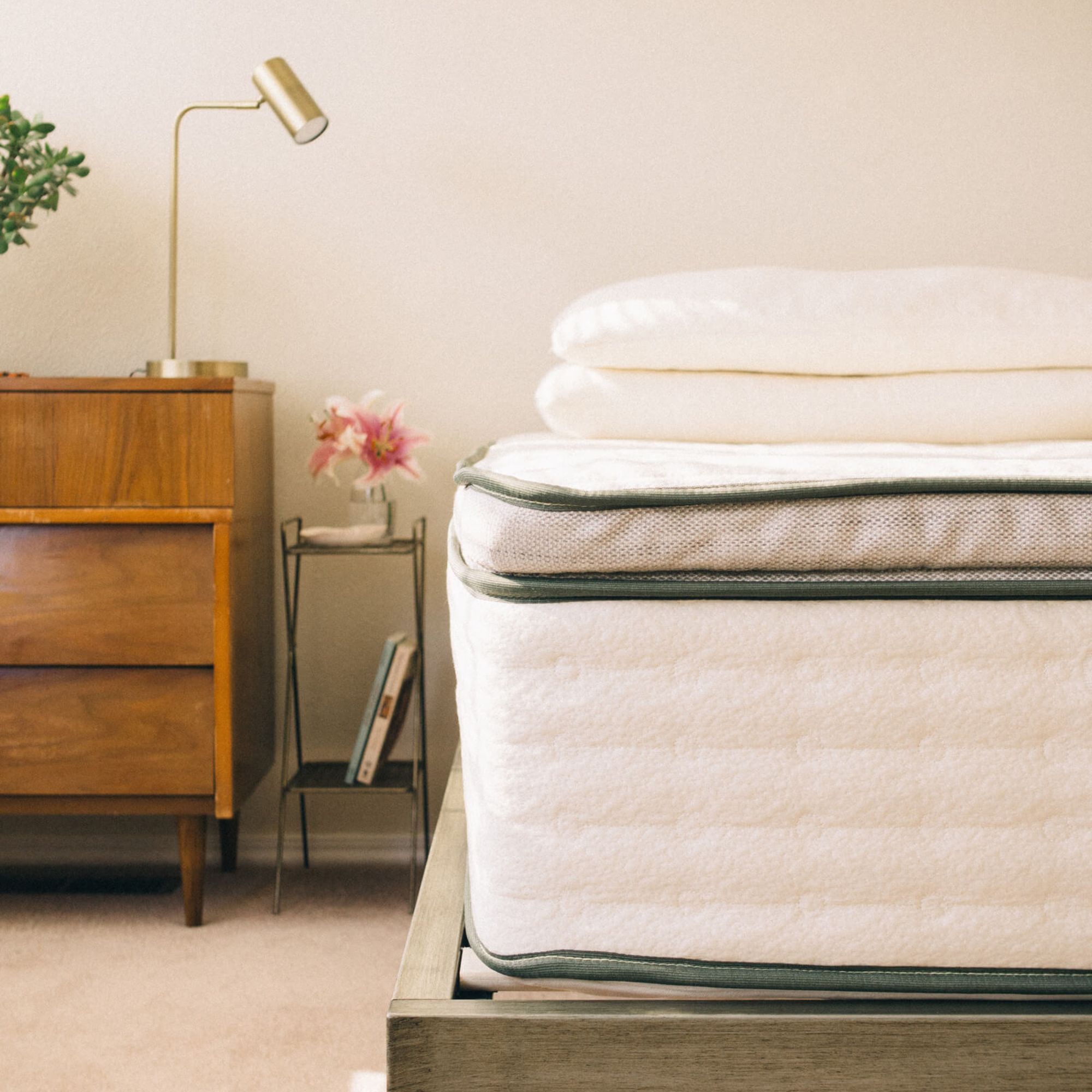
If you take good care of this latex mattress, it could last you as long as 20 years. Naturally breathable, durable, and sustainable, latex is the best bet for hot sleepers and eco-conscious shoppers, though it is a little more expensive.
You can find more detail in our Avocado Green Mattress review.

Our expert tester, Camryn, gives the DreamCloud Luxury Hybrid Mattress top scores across the board for comfort, cooling, and cost. It's lined with hundreds of supportive steel springs, reinforced around the edges so that you can comfortably sit on the side of the bed.
You can find more detail in our DreamCloud Luxury Hybrid Mattress review.
FAQs
How often should you replace your mattress?
I've written an entire article answering the question: 'how often should you change your mattress?' Again, it depends on the mattress type, but a conservative estimate is once every 7 to 10 years.
How can you make a mattress last longer?
Cover your mattress with the best mattress protector to guard against spills, stains, and sweat, as well as dust, dirt, and dander. Flip or rotate your mattress once or twice a year and make sure your mattress is properly supported with the best bed frame, bed base, or box spring.
Final thoughts
For an easy and affordable upgrade, you could always consider the best mattress topper, instead. One of these thick layers of foam could totally transform your sleep for a fraction of the price of a new mattress.

Emilia is our resident sleep writer. She spends her days tracking down the lowest prices on the best mattresses and bedding and spends her nights testing them out from the comfort of her own home. Emilia leads a team of testers across America to find the best mattress for every sleep style, body type, and budget.
Emilia's quest to learn how to sleep better takes her all around the world, from the 3Z mattress factory in Glendale, Arizona to the Hästens headquarters in Köping, Sweden. She's interviewed luxury bedding designers at Shleep and Pure Parima, as well as the Design Manager at IKEA. Before she joined Homes & Gardens, Emilia studied English at the University of Oxford.